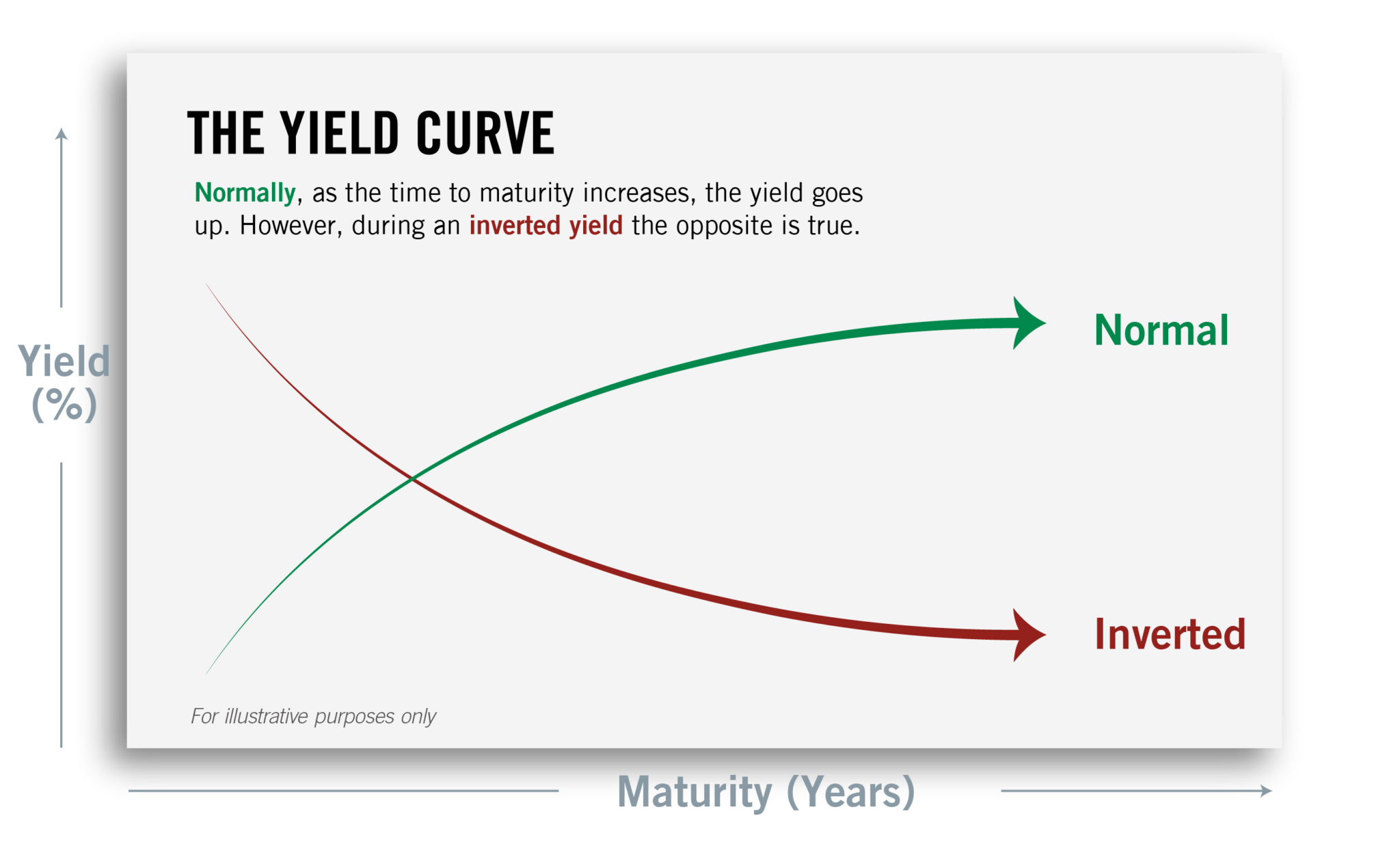Recently banks in financial distress (SVP, Credit Suisse, etc.) have been in the news, which can create anxious times for bank depositors.
But it is important to note most traditional banks in the United States are FDIC insured, which should provide comfort to some consumers.
During the Great Depression there was a large number of bank failures which left many of the banks depositors unable to recover most if not all of their bank deposits.
The subsequent bank failures created a crisis of confidence in the banking system. In order to help restore confidence and upright a collapsed banking system, the FDIC was established in 1933.
The FDIC provides federal funds to insure consumers deposits up to certain limits -- $250,000 at this point in time.**
What is the SECURE 2.0 Act?
In December of 2022, the Secure 2.0 Act was signed into law as part of the 2023 Omnibus spending bill. The legislation resulted in a revised set of retirement rules with the primary goals of increasing retirement savings and to generally make qualified retirement plans more “user friendly” and accommodating to participant needs.
Some key provisions are:
- Improved catch-up contributions for IRAs, 401(k)s and 403(b)s for participants aged 60 to 63.
- Participants aged 60 to 63 will now have a catch-up contribution equal to the greater of $10,000 or 150% of the standard catchup contribution for 401(k)s, 403(b)s and IRAs (which will now be increased for inflation).
- Beginning in 2023, SIMPLE IRAs and SEP IRAs will be able to include a Roth option.
- Beginning in 2024, in certain circumstances, unused 529 plan funds may be rolled over to a Roth IRA.
- The plan must have been open for at least 15 years.
- Contributions made within the last 5 years are not eligible for rollover.
- The rollovers are subject to the annual Roth IRA contribution limit.
- A lifetime rollover transfer limit of $35,000.
- Required minimum distribution (RMD) age increases.
- As of January 1, 2023, if you are not yet age 72, the RMD age is now 73.
- In 2029 the RMD age will become age 74 (if age 73 after 12/31/28) and 75
- In 2033 the RMD age will become age 75 (if age 75 after 12/31/32).
- Required minimum distributions (RMDs) will not have to be taken from Roth 401(k)s and Roth 403(b)s (workplace Roth accounts).
- Prior to the passage of the act, RMDs were required from workplace Roth accounts. This was unlike individual Roth IRAs which did not require an RMD. Beginning in 2024, RMDs will not be required from workplace Roth accounts.




